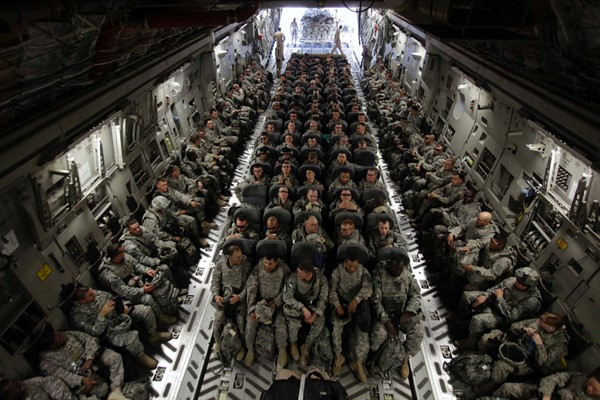If Washington is as committed as ever to its historical role as security guarantor in the Middle East, why do U.S. officials feel compelled to constantly reassure their regional partners that the U.S. isn’t pulling back from the region?
The question speaks to the disconnect between Washington’s strategic interests in the Middle East and the priorities of its regional partners. It also reflects the difficulty U.S. policymakers face in seeking to exert influence in a region beset by poor governance and a multiplicity of state, nonstate and hybrid actors.
But it also reflects a paradox at the heart of U.S. engagement with the region. Notwithstanding the protests of some U.S. officials, Washington is downgrading the Middle East as a priority of U.S. foreign policy. In practice, that means a decrease in high-level attention and allocation of diplomatic and other resources in the short term, and a relegation of the region from the category of core U.S. strategic interests in the long term.

